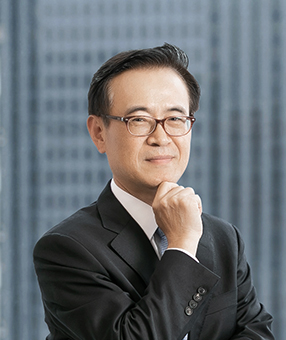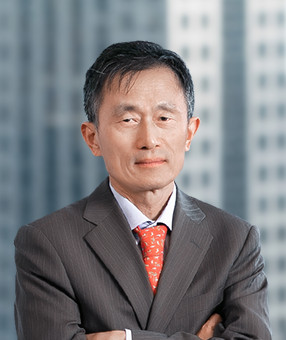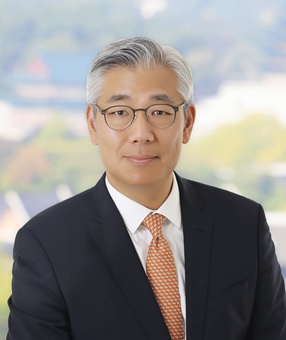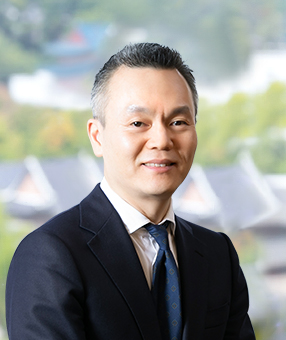The Seoul High Court recently ruled that a worker-dispatch relationship was not established between a manufacturer (“Hyundai Motor”) and employees of a secondary subcontractor that did not have a direct subcontract with Hyundai Motor and were responsible for parts logistics work (“Dispatched Workers”).
In terms of background, a case was filed by in-house Dispatched Workers against Hyundai Motor seeking confirmation of their status as employees of Hyundai Motor. The Supreme Court (Third Civil Panel) entered a judgement in favor of Hyundai Motor on October 27, 2022 as follows: (i) the Supreme Court reversed and remanded the lower court’s decision that Hyundai Motor and all plaintiffs, including employees of a secondary subcontractor without a direct contractual relationship with Hyundai Motor, established a worker-dispatch relationship; and (ii) the Supreme Court denied the establishment of a worker-dispatch relationship between Hyundai Motor and the Dispatched Workers, who performed parts logistics work, including parts sequencing and supply line work, at Hyundai Motor’s factory as employees of a secondary subcontractor that entered into contracts with the parts supply subcontractor of Hyundai Motor (Supreme Court Decision 2017da14581, October 27, 2022).
In accordance with the purpose of the Supreme Court’s ruling, the Seoul High Court likewise decided on October 13, 2023, to deny the establishment of a worker-dispatch relationship between Hyundai Motor and the Dispatched Workers who performed parts logistics work at Hyundai Motor’s factory as employees of the secondary subcontractor, which did not enter into a contract with Hyundai Motor but rather its parts supply subcontractor (Seoul High Court Decision 2022na137, October 13, 2023).
This ruling is very meaningful and critical in the following respects: (i) it confirms that the parts logistics sector within the automobile industry that creates added value, such as the transportation, storage, and unloading of automotive parts, is an independent and professional business. Accordingly, such business must be interpreted separately from other businesses in the automotive industry; and (ii) Hyundai Motor “providing parts sequence information to those performing the parts logistics work” is deemed as “provision of necessary information for the performance of the subcontractors,” not an example of “the manufacturer’s supervision and control over their work.”
In particular, the Seoul High Court’s confirmation of the Supreme Court’s decision last year in the Hyundai Motor case, which is the leading case on the issue of illegal dispatch, will have a significant impact on cases dealing with the legality of a worker-dispatch relationship in the transportation and logistics sectors within the automotive industry, where the work is mainly performed by Dispatched Workers.
Kim & Chang represented Hyundai Motor in the above lawsuit. Our analysis of the pertinent legal principles and facts regarding the worker-dispatch relationship, led to Hyundai Motor’s successful defense in this matter. For instance, we asserted that the interpretation of the manufacturer’s supervision or instruction over the employees of the secondary subcontractor may vary depending on the details of the subcontracted work being undertaken, including the process involved. In particular, we effectively presented to the Court that parts logistics work is an independent and professional business area and as a result, needs to be viewed and treated differently from other businesses within the automobile industry.








